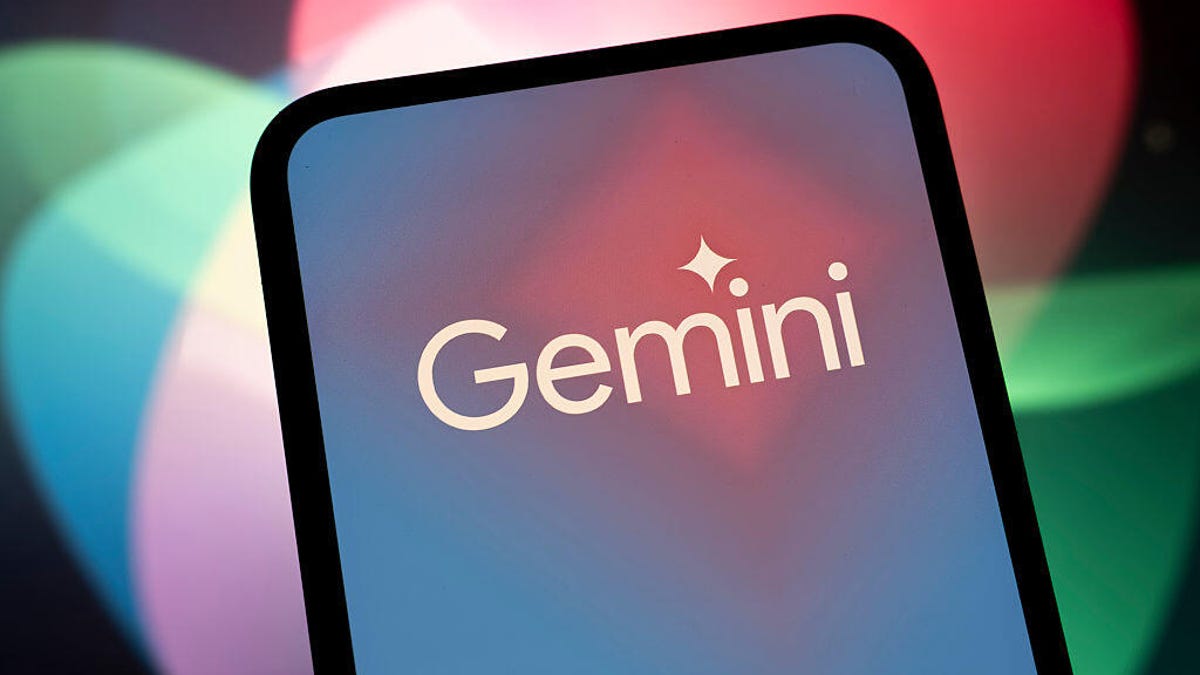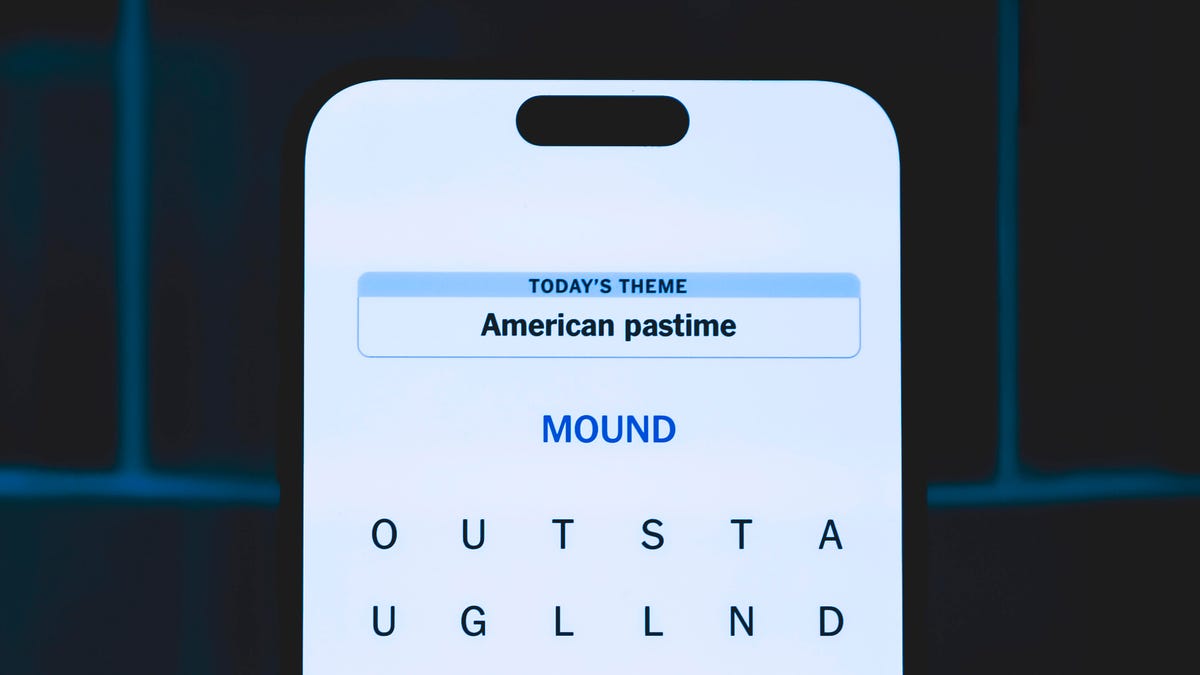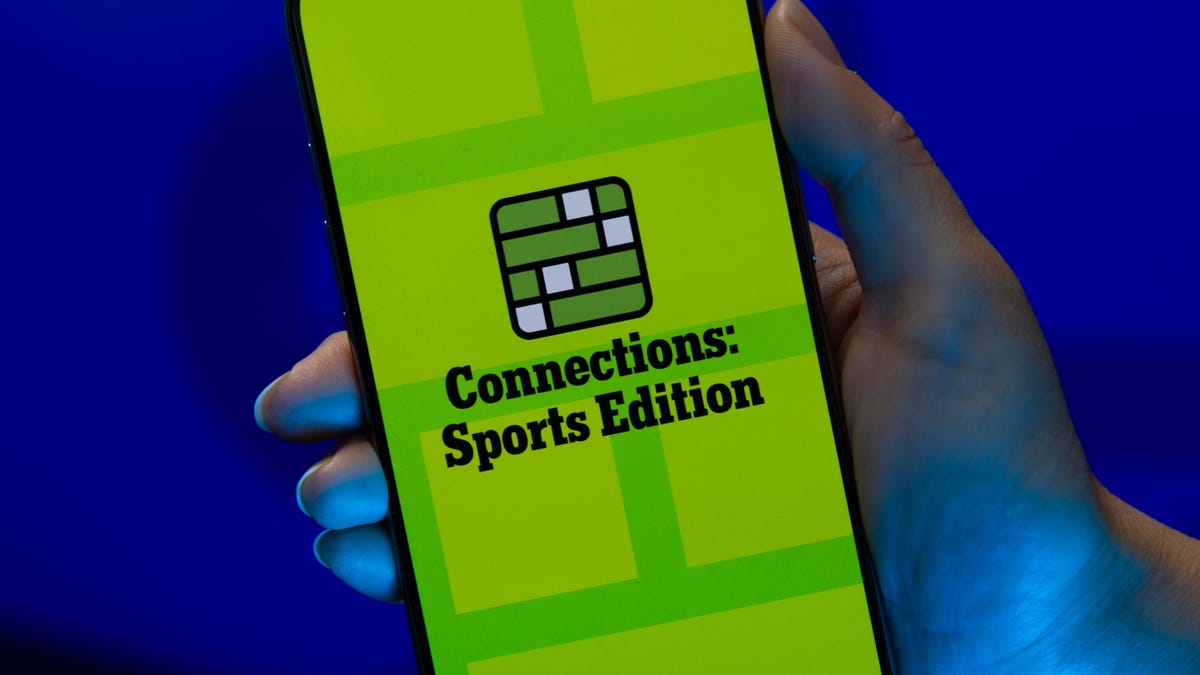Technologies
CNET Survey: Just 11% of People Upgrade Their Phone for AI Features. Here’s What They Want Instead
Shoppers appear to care even less about mobile AI than they did last year, despite companies like Apple, Samsung and Google piling on new AI capabilities.

AI has become a staple of just about every new phone, but that doesn’t mean it’s a centerpiece of most people’s lives.
A new CNET survey finds that just 11% of US smartphone owners choose to upgrade their devices because of AI features, a 7% drop from a similar survey last year. Further, about 3 in 10 people don’t find mobile AI helpful and don’t want to see more features added.
This comes as tech giants continue to tout AI capabilities in their keynotes. Most recently, Apple used its Worldwide Developers Conference to share updates on Apple Intelligence, especially as it works to play catch-up with AI leaders like Google’s Gemini and OpenAI’s ChatGPT.
These survey results highlight the mismatch between phone makers’ bullish approach to AI and consumers’ general apprehension toward the rapidly advancing technology. Despite pushes from companies like Apple, Samsung and Google to add a growing list of AI features into their mobile devices, most people continue to care about three core areas when shopping for a new phone: price (62%), longer battery life (54%) and more storage (39%). Another top consideration is the camera, with 30% of respondents citing that as a top priority.
Last year’s survey echoed these same primary concerns. In 2024, the biggest motivation for US smartphone owners to upgrade their devices was longer battery life (61%), followed by more storage (46%) and better camera features (38%). Just 18% said their main motivator was AI integrations. This year, it appears that number is even lower, even as AI capabilities become more ubiquitous.
A(I) tough sell
AI has become the buzzword of practically every tech product launch and keynote over the last few years. AI-powered capabilities like writing tools, image editing and smarter voice assistants have leveled up mobile devices into even more powerful machines. In turn, this has ramped up the already-fierce competition among key mobile players. Google has woven Gemini into its Pixel devices, as well as other Android phones from companies like Samsung and Motorola. Apple introduced its suite of Apple Intelligence features with the iPhone 15 Pro and Pro Max, though its larger AI ambitions have stalled and it lags behind its competitors.
It’s not just premium flagship devices that are piling on the generative AI features. Mid-tier and budget phones are hopping on the bandwagon, too. For instance, the $600 iPhone 16E, $500 Pixel 9A and $650 Galaxy S24 FE pack their fair share of AI features that echo what you’ll find on their pricier siblings. All of this proves that no matter how much you’re willing to spend, you can’t escape the AI hype.
Based on CNET’s survey, «hype» may in fact be the word many people ascribe to the recent flood of generative AI features. Just 13% of people say they use AI on their phone to summarize or write text, 8% say they tap into AI image creation tools and 7% use AI on their phone for photo editing. Additionally, 20% admit to not even knowing how to use the AI features on their handset.
Mobile AI features generally come at no extra cost to users, but that could soon change. Samsung, for one, says on its website that Galaxy AI features «will be provided for free until the end of 2025 on supported Samsung Galaxy devices.» Apple is also expected to eventually start charging for some of its AI-powered iPhone features. You’ll also need to pay to unlock Gemini’s full power across Google’s apps. Amid so much subscription fatigue, that could be a tough sell. Half of people surveyed say they’re not willing to pay extra money to access AI features on their phone. That’s up 5% over last year.
Privacy is a growing concern as AI expands its reach across our devices. Just over 40% of smartphone users are worried about privacy when it comes to using AI on their smartphone, up 7% from last year. And that’s largely irrespective of age; boomers are the most concerned (45%), but concern from Gen Z (41%) and Gen X (41%) is also notably high.
That’s not to say everyone’s dismissive of AI on their handset. Fourteen percent of people say they find AI features helpful and are excited to tap into more of those capabilities on their phone. Gen Z (25%) and millennials (16%) express the most interest in using AI on their smartphone.
Smart assistants get an AI assist, but it’s not enough
Smart assistants are one way tech companies are hoping to make AI your everyday companion. Gemini on Android phones is increasingly capable of handling more tasks, from brainstorming to carrying out functions within apps. Apple also has plans to use AI to supercharge Siri, but that rollout has been delayed indefinitely.
According to CNET’s survey, 61% of iPhone owners use Siri, while 41% of Pixel owners use the Gemini assistant. Just 10% and 9% of Siri and Gemini users respectively say they call on the smart assistants every day. As AI becomes more capable and as companies further promote those abilities, it’ll be interesting to see whether those interactions increase.
Interest in skinny phones is also slim
AI isn’t the only marketing tactic consumers aren’t buying into. Despite recent slim phone releases like the Samsung’s Galaxy S25 Edge and rumors about a skinny iPhone 17, just 7% of respondents said a thinner phone would motivate them to upgrade.
Still, companies are likely to use the fresh form factor to try to rake in more dollars. At this year’s Mobile World Congress, thin phones like the S25 Edge and Tecno’s Spark Slim phone concept stole the spotlight. And Oppo’s Find N5, which came out earlier this year, is marketed as the «world’s thinnest book-style foldable.» CNET’s survey suggests most consumers aren’t swayed by those eye-catching designs, but we’ll see if perceptions change if and when a skinny iPhone comes to fruition.
Methodology
CNET commissioned YouGov Plc. to conduct the survey. All figures, unless otherwise stated, are from YouGov Plc. The total sample size was 2,201 adults, of whom 2,129 own a smartphone. Fieldwork was undertaken May 13 to 15, 2025. The survey was carried out online. The figures have been weighted and are representative of all US adults (aged 18 plus).
Technologies
Google Rolls Out Latest AI Model, Gemini 3.1 Pro
Starting Thursday, Gemini 3.1 Pro can be accessed via the AI app, NotebookLM and more.

Google took the wraps off its latest AI model, Gemini 3.1 Pro, on Thursday, calling it a «step forward in core reasoning.» The software giant says its latest model is smarter and more capable for complex problem-solving.
Google shared a series of bookmarks and examples of the latest model’s capabilities, and is rolling out Gemini 3.1 to a series of products for consumers, enterprise and developers.
The overall AI model landscape seems to change weekly. Google’s release comes just a few days after Anthropic dropped the latest version of Claude, Sonnet 4.6, which can operate a computer at a human baseline level.
Benchmarks of Gemini 3.1
Google shared some details about AI model benchmarks for Gemini 3.1 Pro.
The announcement blog post highlights that the Gemini 3.1 Pro benchmark for the ARC-AGI-2 test for solving abstract reasoning puzzles sits at 77.1%. This is noticeably higher than Gemini 3 Pro’s 31.1% score for the same test.
The ARC-AGI-2 benchmark is one of multiple improvements coming from Gemini 3.1 Pro, Google says.
3.1 Pro enhancements
With better benchmarks nearly across the board, Google highlighted some of the ways that translate in general use:
Code-based animations: The latest Gemini model can easily create animated SVG images that are scalable without quality loss and ready to be added to websites with a text prompt.
Creative coding: Gemini 3.1 Pro generated an entire website based on a character from Emily Brontë’s novel Wuthering Heights, if she were a landscape photographer showing off her portfolio.
Interactive design: 3.1 Pro was used to create a 3D interactive starling murmuration that allows the flock to be controlled in an assortment of ways, all while a soundscape is generated that changes with the movement of the birds.
Availability
As of Thursday, Gemini 3.1 Pro is rolling out in the Gemini app for those with the AI Pro or Ultra plans. NotebookLM users subscribed to one of those plans will also be able to take advantage of the new model.
Both developers and enterprises can also access the new model via the Gemini API through a range of products, including AI Studio, Gemini Enterprise, Antigravity and Android Studio.
Technologies
Today’s NYT Strands Hints, Answers and Help for Feb. 20 #719
Here are hints and answers for the NYT Strands puzzle for Feb. 20, No. 719.

Looking for the most recent Strands answer? Click here for our daily Strands hints, as well as our daily answers and hints for The New York Times Mini Crossword, Wordle, Connections and Connections: Sports Edition puzzles.
Today’s NYT Strands puzzle is a bit tricky. Some of the answers are difficult to unscramble, so if you need hints and answers, read on.
I go into depth about the rules for Strands in this story.
If you’re looking for today’s Wordle, Connections and Mini Crossword answers, you can visit CNET’s NYT puzzle hints page.
Read more: NYT Connections Turns 1: These Are the 5 Toughest Puzzles So Far
Hint for today’s Strands puzzle
Today’s Strands theme is: True grit
If that doesn’t help you, here’s a clue: You might find this in a wood shop.
Clue words to unlock in-game hints
Your goal is to find hidden words that fit the puzzle’s theme. If you’re stuck, find any words you can. Every time you find three words of four letters or more, Strands will reveal one of the theme words. These are the words I used to get those hints but any words of four or more letters that you find will work:
- SAND, CART, SCAR, SCAT, PAPER, HAVE
Answers for today’s Strands puzzle
These are the answers that tie into the theme. The goal of the puzzle is to find them all, including the spangram, a theme word that reaches from one side of the puzzle to the other. When you have all of them (I originally thought there were always eight but learned that the number can vary), every letter on the board will be used. Here are the nonspangram answers:
- COARSE, HARSH, SCRATCHY, ROUGH, PRICKLY, ABRASIVE
Today’s Strands spangram
Today’s Strands spangram is SANDPAPER. To find it, start with the S that’s the farthest-left letter on the very top row, and wind down.
Technologies
Today’s NYT Connections: Sports Edition Hints and Answers for Feb. 20, #515
Here are hints and the answers for the NYT Connections: Sports Edition puzzle for Feb. 20, No. 515.

Looking for the most recent regular Connections answers? Click here for today’s Connections hints, as well as our daily answers and hints for The New York Times Mini Crossword, Wordle and Strands puzzles.
Today’s Connections: Sports Edition features a category all about my favorite football team. If you’re struggling with today’s puzzle but still want to solve it, read on for hints and the answers.
Connections: Sports Edition is published by The Athletic, the subscription-based sports journalism site owned by The Times. It doesn’t appear in the NYT Games app, but it does in The Athletic’s own app. Or you can play it for free online.
Read more: NYT Connections: Sports Edition Puzzle Comes Out of Beta
Hints for today’s Connections: Sports Edition groups
Here are four hints for the groupings in today’s Connections: Sports Edition puzzle, ranked from the easiest yellow group to the tough (and sometimes bizarre) purple group.
Yellow group hint: We’ll be right back…
Green group hint: Run for the roses.
Blue group hint: Skol!
Purple group hint:
Answers for today’s Connections: Sports Edition groups
Yellow group: Break in the action.
Green group: Bets in horse racing.
Blue group: QBs drafted by Vikings in first round.
Purple group: Race ____.
Read more: Wordle Cheat Sheet: Here Are the Most Popular Letters Used in English Words
What are today’s Connections: Sports Edition answers?
The yellow words in today’s Connections
The theme is break in the action. The four answers are intermission, pause, suspension and timeout.
The green words in today’s Connections
The theme is bets in horse racing. The four answers are exacta, place, show and win.
The blue words in today’s Connections
The theme is QBs drafted by Vikings in first round. The four answers are Bridgewater, Culpepper, McCarthy and Ponder.
The purple words in today’s Connections
The theme is race ____. The four answers are bib, car, course and walking.
-

 Technologies3 года ago
Technologies3 года agoTech Companies Need to Be Held Accountable for Security, Experts Say
-

 Technologies3 года ago
Technologies3 года agoBest Handheld Game Console in 2023
-

 Technologies3 года ago
Technologies3 года agoTighten Up Your VR Game With the Best Head Straps for Quest 2
-

 Technologies4 года ago
Technologies4 года agoBlack Friday 2021: The best deals on TVs, headphones, kitchenware, and more
-

 Technologies5 лет ago
Technologies5 лет agoGoogle to require vaccinations as Silicon Valley rethinks return-to-office policies
-

 Technologies5 лет ago
Technologies5 лет agoVerum, Wickr and Threema: next generation secured messengers
-

 Technologies4 года ago
Technologies4 года agoOlivia Harlan Dekker for Verum Messenger
-

 Technologies4 года ago
Technologies4 года agoiPhone 13 event: How to watch Apple’s big announcement tomorrow
